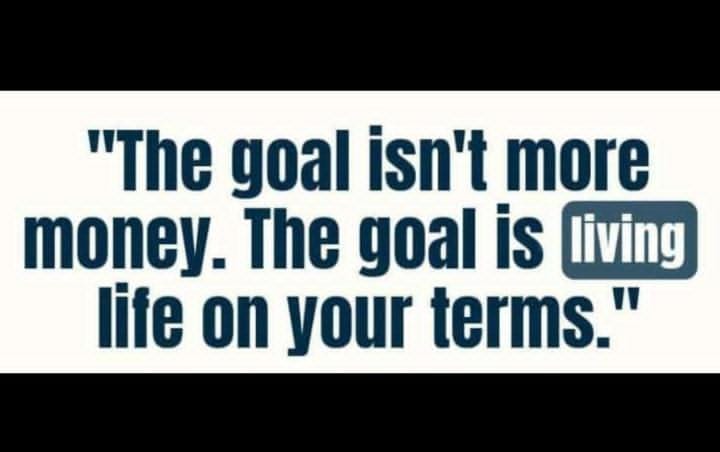09th February, 2023
Money habits is a complicated subject. There’s a human element that can defy logic – it’s personal, it’s messy, it’s emotional and varies across each individual.
From the day Bill Gates started Microsoft he insisted on always having enough cash in the bank to keep the company alive for 12 months with no revenue coming in.
In 1995 he was asked by Charlie Rose why he kept so much cash on hand.
“Things change so fast in technology that next year’s business wasn’t guaranteed,” he said, “Including Microsoft’s.”
In 2007 he reflected: “I was always worried because people who worked for me were older than me and had kids, and I always thought, ‘What if we don’t get paid, will I be able to meet the payroll?’”
Optimism and pessimism can coexist. If you look hard enough you’ll see them next to each other in virtually every successful company and successful career. They seem like opposites, but they work together to keep everything in balance.
What Gates seems to get is that you can only be an optimist in the long run if you’re pessimistic enough to survive the short run.
A great perspective on money, isn’t it?
To give another example, Former General Electric CEO Jack Welch once nearly died of a heart attack. Years later he was asked what went through his mind while he was being rushed to the hospital in what could have been his last moments alive.
“Damn it, I didn’t spend enough money,” was Welch’s response.
The interviewer, Stuart Varney, was puzzled, and asked why in the world that would go through his mind.
“We all are products of our background,” Welch said. “I didn’t have two nickels to rub together when I was young, so I’m relatively cheap. I always bought cheap wine.”
After the heart attack Welch said he “swore to God I’d never buy a bottle of wine for less than a hundred dollars. That was absolutely one of the takeaways from that experience.”
“Is that it?” Varney asks, stunned.
“That’s about it,” says Welch.
Behavioral finance is now well documented and the Nobel prize has also been awarded for the subject, But most of the attention goes to how people invest.
The stories above shows how much deeper the psychology of money can go.
How you handle money can reveal an existential struggle of what you find valuable in life, who you want to spend time with, why you chose your career, and the kind of attention you want from other people.
There is a science to spending money – how to find a bargain, how to make a budget, things like that.
But there’s also an art to spending. A part that can’t be quantified and varies person to person.
Money is the “the greatest show on earth” because of its ability to reveal things about people’s character and values. How people invest their money tends to be hidden from view. But how they spend is far more visible, so what it shows about who you are can be even more insightful.
Everyone’s different, which is part of what makes this topic fascinating.
There are no black-and-white rules and no right or wrong rules.
Be comfortable with your money, Adopt good money habits that help you achieve your goals & stay blessed forever.

